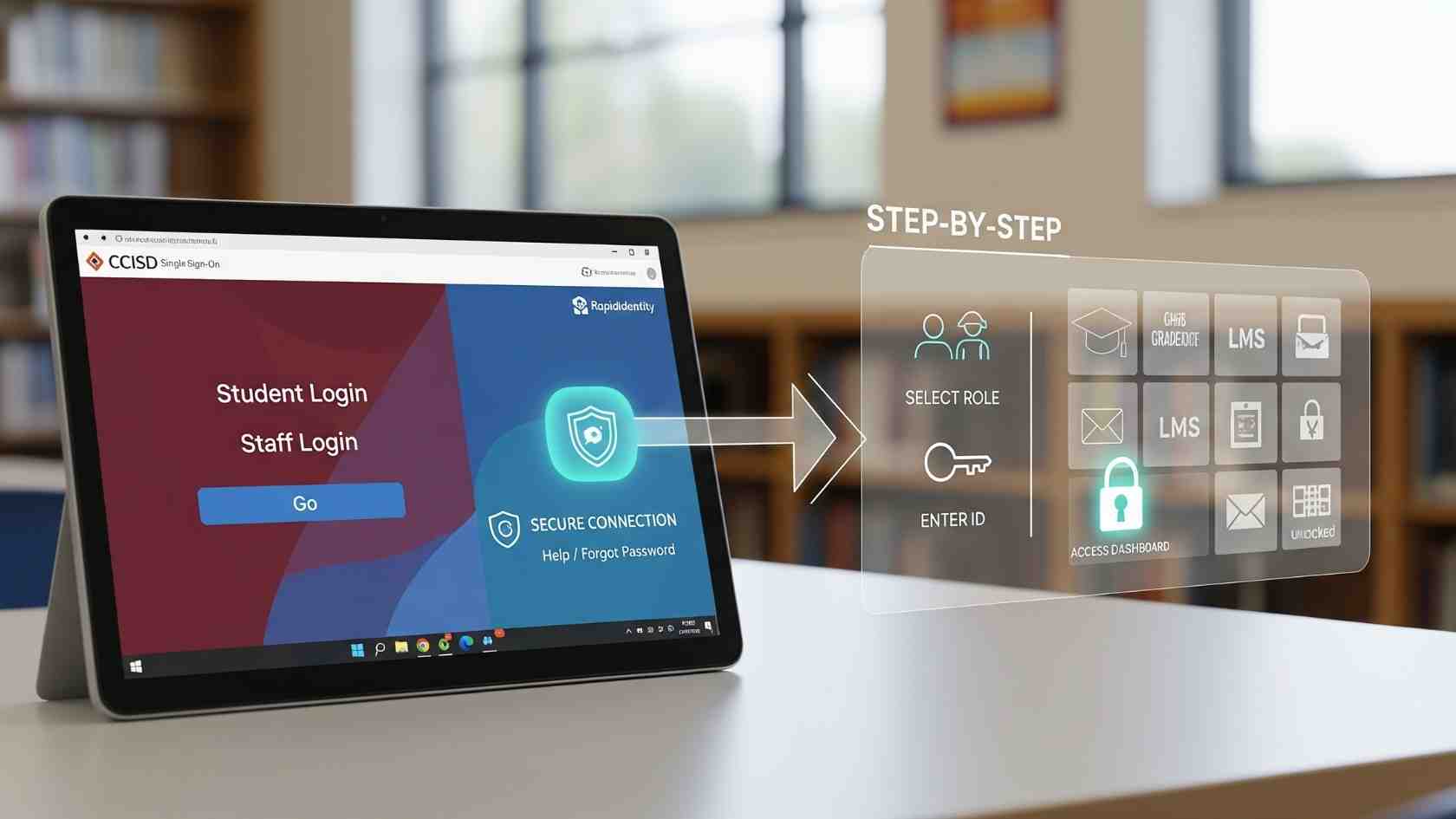Business owners automatically shoulder the immense responsibility of efficient payroll management considering their limited time and resources. Correspondence calculating employee compensation in relation to their legal bounds must be handled with meticulous attention. Like most entrepreneurs, the choice to adopt payroll software solutions that automate compliance checks and calculations simplifies manual tasks.
Exploring Payroll Software
Payroll software automates employee payment processes by accurately calculating salaries, factoring in tax deductions, and issuing paychecks. This streamlines payroll management for small businesses, reducing paperwork and increasing operational efficiency, helping growing companies stay competitive. For people looking for the best solutions, payroll software for small business offers a variety of options to fit different needs.

Important Aspects to Consider
Selecting payroll software requires an evaluation of several important features. An appealing and simple interface stands out as easy for team members to navigate through when customizing benefits and deductions according to specific sample needs. Compliance relating to local and federal regulatory tax requirements must also be included to ward off legal and financial punitive measures.
Integration capabilities serve as additional considerations. Automated communications with accounting software aids in payments documentation reliability and bolsters accounting strategizing. Enhanced reporting capabilities that offer evaluation suggestions concerning compliance aid entrepreneurial decision-making.
Efficiency in Process
Unlike larger firms, small businesses often choose to purchase software because of the proposed budget rather than its brand reputation or features. Intelligently selecting payroll software can greatly reduce emplaced costs relating to servicing manual payrolls. Plenty of firms prefer subscription-based payment options due to the absence of bulky payments upfront. Typically, they peg several tiers to these plans, thus allowing firms satisfy their preferences best.
Ensuring Safety and Confidentiality of Information
During payroll execution, the most critical aspect is information security. This concern is mitigated by payroll software which employs encryption and two-step verification. Regular software updates diminishes the opportunites of a data breach while maintaining the system’s integrity. Businesses must equip themselves with such software in order to manage their data and provide them as well as employees the trust in information systems governance.

Education for Users
Every business has its own software which can prove to be difficult to change. Giving clear guidance and step-by-step documents help streamline this procedure. Services, guides, and workshops allow users to fully utilize the software. Having a dedicated aid ensures timely resolution of problems and thus smooth operation of payroll processes.
Versatility in Operations
Small entrepreneurs encounter growth periods where a streamlined approach to evolving business will assist in effortlessly managing payroll processes as they continue to grow. It is important for the software to evolve to meet changing business requirements. This includes adapting the addition of employees and scheduling pay periods based on the requirements of the emerging business. It is very important to choose a software that will evolve together with the organization to ensure the payroll system is sustainable.
Optimizing Time Management
Efficient time tracking is vital for managing payroll in any organization. Many payroll systems include features for monitoring employee hours worked, which helps streamline wage calculations and minimizes payment errors. This accuracy is essential for businesses with employees paid based on hours worked.
Cloud Computing Solutions
The adoption of cloud technology offers significant advantages for handling payroll tasks. Cloud-based payroll systems are accessible from anywhere with an internet connection, so business owners can easily oversee payroll processing. This flexibility supports overall business operations. Additionally, using cloud solutions eliminates the need to maintain hardware, resulting in cost savings for the company.
Keeping Up with Regulations
Navigating labor laws and tax regulations can be difficult for small businesses. Payroll software assists companies in remaining compliant by regularly integrating rules into their systems. With automated updates, companies can stay current with legal obligations and reduce non-compliance risk. This feature gives business owners peace of mind, allowing them to focus on growth.
Conclusion
To manage employees’ wages and benefits, small businesses must use payroll software to streamline the processes. The automation, security, and scaling scope of the software improves operations as well as productivity. Affordability alongside customer care service, and compliments the regulations also needs to be considered when selecting software.










